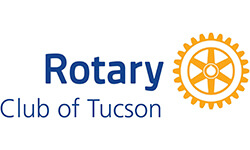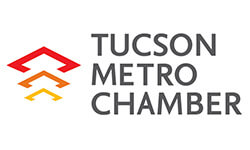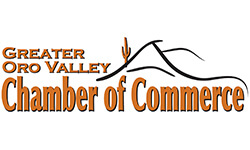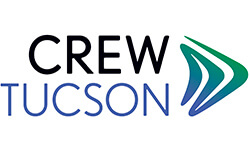
Are Temporary Employees Right for Your Business?
According to the American Staffing Association, revenues for staffing services are on the rise. In other words, an ever-growing number of employees in the workforce are temporaries. When we look at the Total Costs of Hiring a new employee in-house, many employers are convinced that temps are Good Business, especially for assignments expected to last 6 months or less.
Yet some companies, particularly small businesses, are uncomfortable about hiring a temp. Below are some advantages, and even a few disadvantages, to hiring temporary employees in a small business.
Advantages:
- Minimizes Productivity Losses. If your company has l0 employees or less, an unexpected vacancy can limit your productivity by 10 percent or more. The smaller the business, the greater the productivity hit. Here’s the good news: many temporary employment agencies have a portfolio of pre-qualified employees who are ready-for-work. These agencies also have access to databases and other resources to help fill open positions quickly, often in a day or two.
- Minimizes Cost of Hiring. There are significant costs associated with finding the right employee for your business. There are costs associated with placing a want ad (online or print), screening, interviewing, evaluating, hiring, as well as the costs of administering payroll and benefits. All of these costs are paid by the staffing agency; all that the employer pays in the employee’s hourly rate.
- Manage Workload Fluctuations. If the workload of your business fluctuates seasonally, such as in retail or hospitality, temporary employees are a great way to manage those changes in workload with a minimum of disruption to your business.
- Allows for Extended Evaluation Period. Many companies are moving to the Temp-to-Hire model as a regular part of their permanent hiring process. By bringing a potential permanent employee in as a temp, the employer can take a longer period of time, sometimes up to a year, before converting the employee from temporary to permanent. This gives the company a better chance to know the employee before investing in benefits or more extensive onboarding processes.
Disadvantages:
- Training Costs. Actually, this is not really a disadvantage, as a new employee requires a certain level of training regardless of whether they are temporary or permanent. It is very important for all companies to be aware that in order to have a good placement experience for all parties, some degree of onboarding training will always need to be done by the employer, regardless of the skills or experience of the candidate.
- Safety Concerns. Some jobs are inherently more hazardous than others and require a higher degree of skill or training. It is always the responsibility of the employer to verify that every employee, temporary and permanent alike, has the skills, training and equipment necessary to perform the job safely. Companies should always be certain that the requisite level of training is in place when hiring a temporary employee for jobs that involve a higher level of safety awareness.
At The Temp Connection, we have been matching great employees with great companies, since 1993. We deliver Temporary, Temp-to-Hire, Direct-Hire and Payrolling services to companies of all sizes in the Tucson Metropolitan area. Need a Temp? We can help. Give us a call at 323-3100 and let’s get started.
Ellie Patterson has been in the staffing industry for twenty-seven years and is a co-founder and partner at The Temp Connection in Tucson, AZ. She can be reached via email at ellie@thetempconnection.com.
For more information:
- Schaefer, Patricia; The Pros and Cons of Hiring Temporary Employees; com.
- Poole, Cynthia and Berchem, Stevenp.; The Climb Continues, The 2014 ASA Staffing Industry Economic Analysis;net












